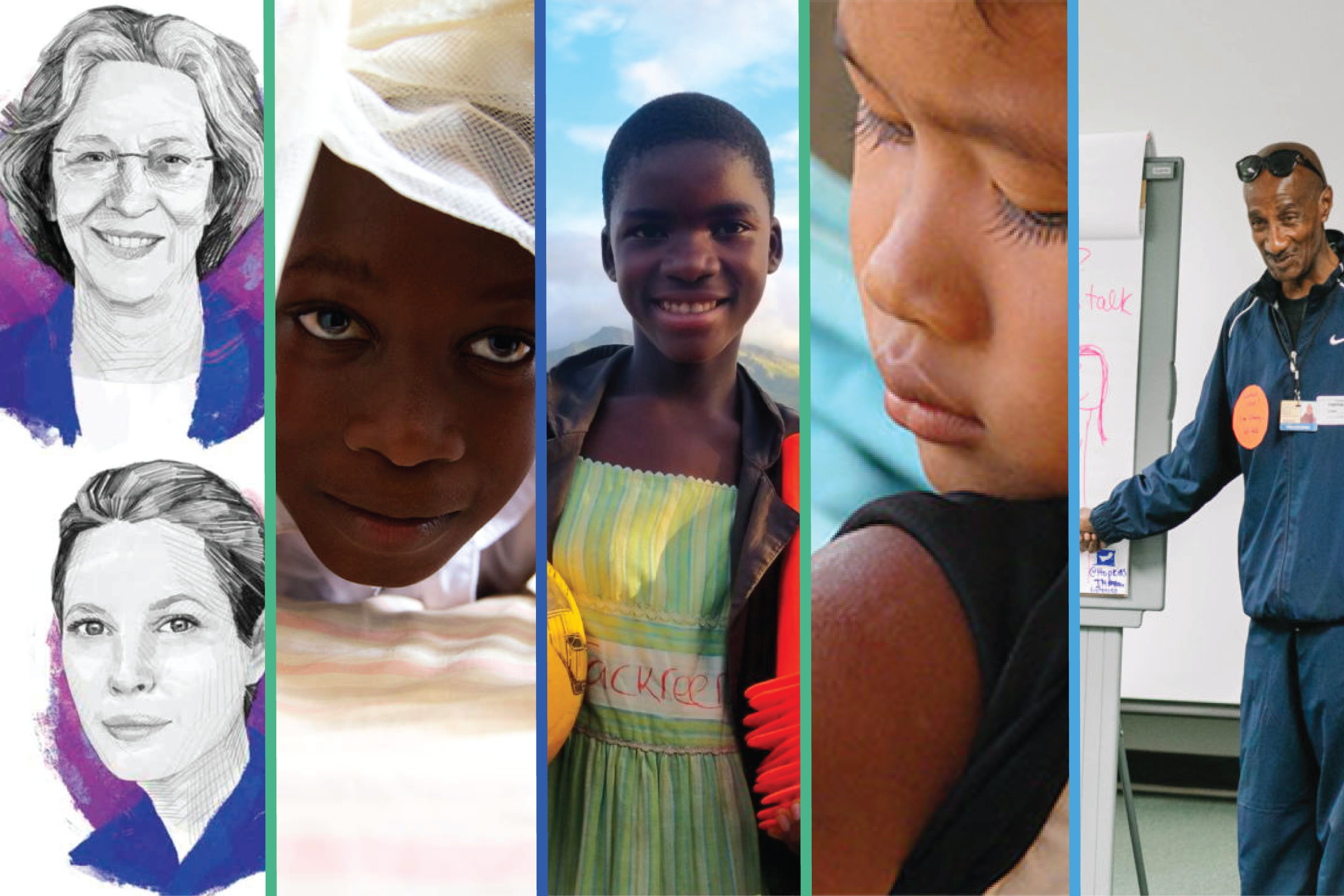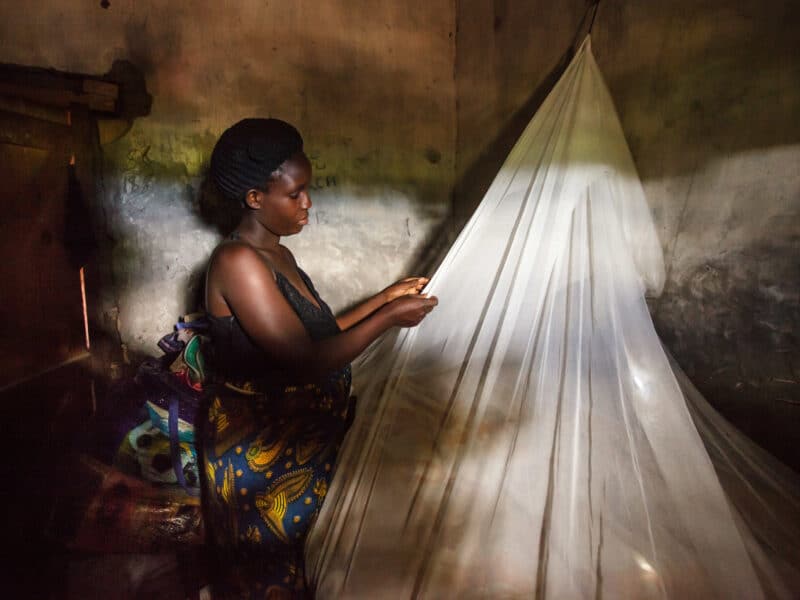Another exciting year at the Johns Hopkins Center for Communication Programs is almost in the books. We spent 2019 addressing some of the most pressing global public health threats including vaccine hesitancy, opioid use disorder, HIV and Ebola while keeping focused on putting the people who we serve and their needs front and center. In 2020, we are looking forward to both continuing the excellent work we have done for more than 30 years – and to expanding our portfolio in new arenas.
And 2020 will mark not only the beginning of another decade of our work inspiring healthy behavior worldwide, but it will include the 2020 International Social and Behavior Change Communication Summit, the third one CCP has helped organized. (There’s still time to register for the March 20 to April 3 event being held in Marrakech, Morocco.)
As we gear up for the new year, let’s take one last look at the Top 5 CCP blog posts of 2019:
“Have vaccines become victims of their own success?” asks Susan Krenn, executive director of CCP. “Have we forgotten how many people used to become sick and die from these diseases?”
In this commentary, which originally appeared in the Baltimore Sun, Krenn lays out the danger of today’s anti-vaccine, anti-science environment – and what can be done to move forward.
The goal of the hackathon: To quickly brainstorm ideas for how to reduce the stigma of addiction, in this case among doctors and nurses and others in the health care system. In the midst of a deadly opioid crisis – more people died in 2017 in the United States from overdose than from car crashes – the group came together to find ways to defeat the stigma that keeps people with opioid use disorder from getting the life-saving treatment they need.
CCP’s Susan Krenn sat down with Christy Turlington Burns, supermodel-turned-public-health-advocate, for a conversation about the barriers and opportunities she sees in her work with pregnant women and mothers in the U.S. and around the world. The interview first appeared in Global Health Now.
- Using Soccer to Teach About HIV Risk (April 1)
“The idea is to use soccer as a means of educating young people about HIV prevention,” says CCP’s Thomas Ofem, who works for the One Community project in Malawi. “Young people find programming that doesn’t involve play to be boring. They have very short attention spans. You lose them. This program is designed to get kids moving and learning at the same time.”
In a CCP-led study, published in Global Health: Science and Practice, researchers show how they used a human-centered design approach to help create mosquito nets to be sold on the commercial market. Through a CCP project, bed nets used to protect people from mosquitoes carrying the malaria parasite were designed based on what the researchers learned in their study, nets that were easier to use, more comfortable and more attractive were sold in Ghanaian stores.





